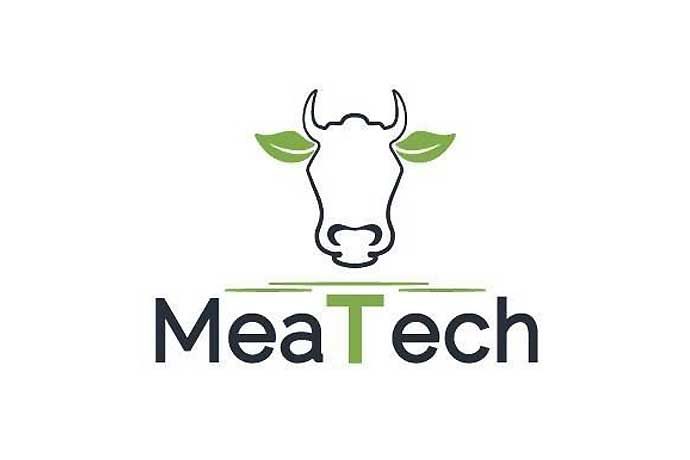NESS ZIONA, ISRAEL – Meat-Tech 3D Ltd., a developer of industrial-scale cultivated meat production technologies, recently made an initial investment of 1 million euros in Peace of Meat (POM), a leading developer of cultured fat products. The investment is part of Meat Tech’s planned acquisition of POM, which was announced in September.
“Meat-Tech believes that hybrid products, such as plant-based burgers made with cultured fat, may prove to be an exciting new product category,” said Steve H. Lavin, chairman of the board of Meat-Tech. “Such fats may offer improved aromas, flavors and textures as compared to purely plant-based proteins. Completing this acquisition will add technological capabilities to support Meat-Tech’s core center-of-plate product offering.”
Antwerp, Belgium-based POM developed a proprietary, stem-cell-based technology to produce animal fats, such as those from cattle, chicken or geese without slaughtering any animals. The company received a subsidy of 1.2 million euros ($1.33 million) from the Flemish government. POM has also received $1 million in private investments from supporters such as Joyance Partners, Big Idea Ventures and Food Angels.
“POM shares the strategic vision of Meat-Tech 3D and is excited to join forces,” said David Brandes, managing director of Peace of Meat. “We are convinced that the strong scientific and commercial synergies between both parties paired with our approach of creating hybrid products based on savory cultured fats is the perfect setting to bring cultured meat to market in an increasingly competitive space.”
Meat-Tech expects the full acquisition of POM to support its strategy of developing scalable cell-based agriculture technologies. Meat-Tech will purchase all of POM’s equity for a total of approximately $17.5 million, for a combination of cash and Meat-Tech equity upon completion of a final agreement and as POM achieves preset technological milestones over the course of two years.
Meat-Tech’s target customers are value-added food producers to make advanced cultivated meat and related products, the company said. The company’s goal is to minimize the use of natural resources, improve animal welfare and meet the growing demand for sustainable animal proteins.


